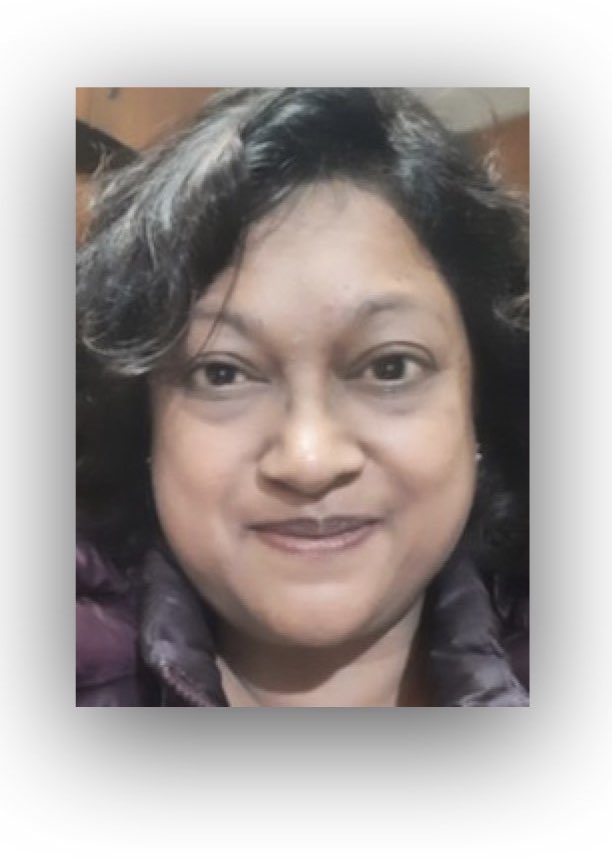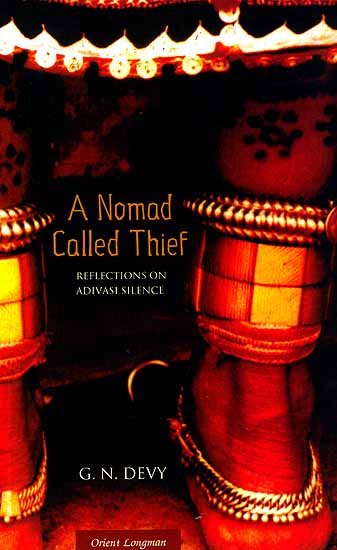“Memory is a tricky thing: it picks and chooses what to preserve and what to discard. Sometimes it is the trivial that triggers the process of remembering a great loss.” – Temsula Ao, These Hills Called Home
Concept Note
Last year, Jagwar-1: Santal Literary Meet 2013 had been held with the objective of bringing together Santali writers, translators, research scholars, academicians and publishers onto a common platform. While upholding this objective, Jagwar-2: Santal Literary Meet 2015 will narrow down the focus to Santali autobiographical writings that express individual and collective memories of loss.
Western literature has always relied on the idea of “Utopia” – i.e., a place of antiquity which functions as a metaphor for earthly paradise. The idea of utopia found powerful resonance in the Biblical image of the Garden of Eden. This may be linked with the Cult of the Noble Savage, popularized in the writings of Rousseau and the English Romantics, which glorified primitive societies and saw them as an alternative to civilization. Ironically, many romantic representations of the primitive world in art and literature appeared at a time when colonial anthropology was also defining this primitive world in pejorative terms as wild, savage, backward, perverse and even criminal.

In Indian literature, glorification of the primitive/ tribal world is found primarily in the writings of Rabindranath Tagore, Gopinath Mohanty and Arun Joshi. In Indian visual art, the paintings of Jamini Roy and the photographs of Sunil Janah have focused on distinct tribal motifs. Explaining his choice of the tribal woman as his main subject, Sunil Janah says: “….she represents youth, charm and vitality which are not quite destroyed in such people and which appear as irrepressibly as the hunger I had gone to portray.” Similarly, the eponymous hero of Arun Joshi’s novel, The Strange Case of Billy Biswas – an upper-caste Hindu who is thoroughly tribalized after his marriage with a woman of the Bhil tribe – explains the secret core of self-sufficiency, joy and pleasure in the tribal world to his administrator friend: “You aren’t much of a Collector, are you? Nothing except death stops our dancing and drinking and our love-making. And death, heaven knows, comes soon enough.”
Until fairly recently, the discourse on Indian tribes had been conducted by mainstream writers, artists, anthropologists and administrators. The tribal, who was its subject, had remained silent. Today, however, many tribal writers in India have been producing narratives that add their experiential knowledge and memory to the discourse. The Santal Literary Meet 2015 will focus on autobiographical narratives by Santali writers and, in the process, examine the images of utopia and dystopia existing in Santali literature and the role of the writer/ artist/ performer in preserving memory. It will be broad-based, including autobiographical writings found in the three main literary genres – poetry, prose fiction and drama – wherein images of utopia and dystopia can be traced. While utopia would refer to the common human yearning for an earthly paradise (a place of harmony, peace, love, joyfulness, etc), dystopia would refer to its exact opposite (a place of disharmony, violence, hatred, suffering, etc).
Source: personal message by the Convenor (21 January 2015)
CONVENER
Dr. Ivy Hansdak, Assistant Professor, Department of English, Jamia Millia Islamia University New Delhi

Read the inaugural Speech by Dr. Ivy Hansdak: “Is tribal identity relevant in today’s world?” delivered during the conference titled “Tribes In Transition-II: Reaffirming Indigenous Identity Through Narrative” | Conference report | Video presentation “Tribes in Transition III” (September 2021): Inaugural Session & Keynote Speech by Prof. Anvita Abbi >>
COORDINATOR
Sunder Manoj Hembrom

Reflections on Adivasi Silence and Voice by Ganesh [G.N.] Devy | Publications >>
A call for harnessing the potential of Denotified Tribes, Nomadic and Semi-Nomadic Tribes for national development: “India’s labour force must be liberated from an abhorrent colonial doctrine (‘criminality by birth’)” – Report and Recommendations of the Technical Advisory Group | “Adivasi”, “Tribals” and “Denotified tribes” (classifications in different states) >>
